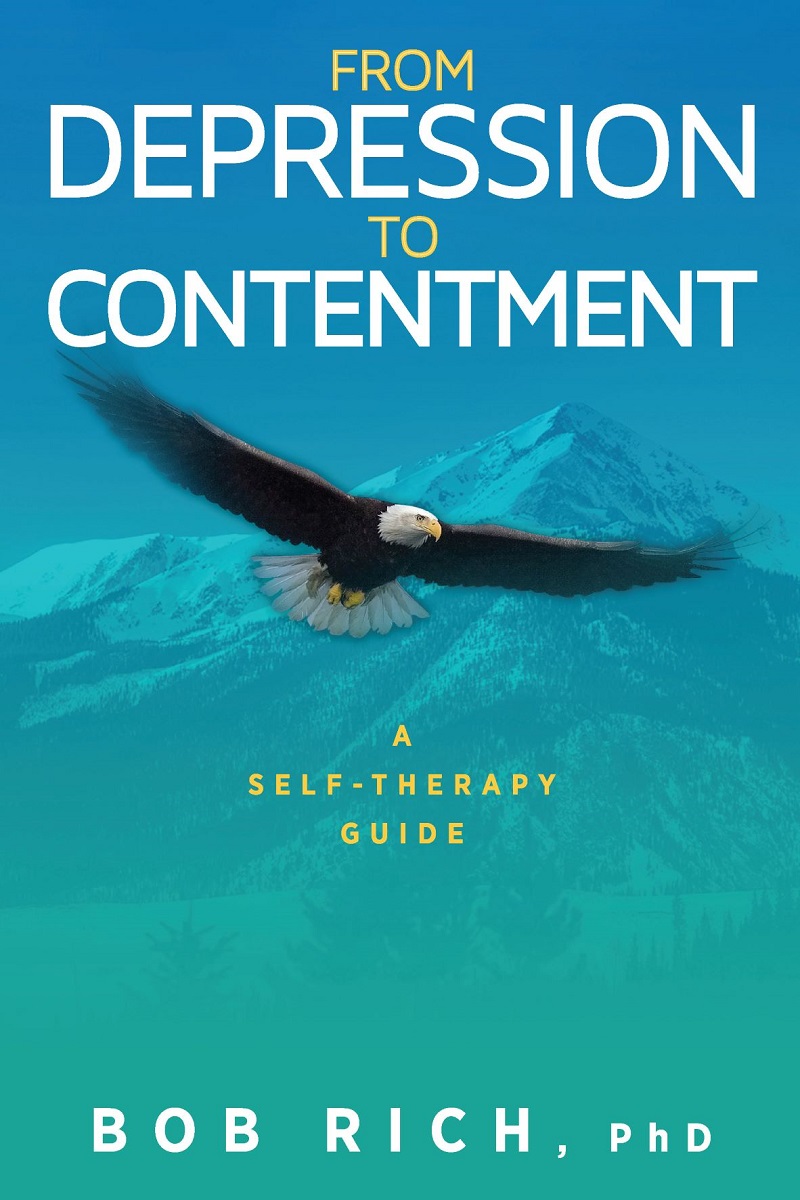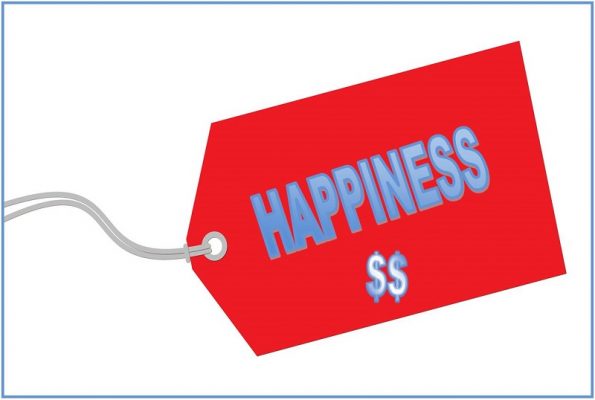Exercise and Fitness
Bob Rich’s Self-Therapy Guide: Regular Physical Exercise
Bob Rich’s book From Depression to Contentment: A self-therapy guide is therapy in your pocket. Depression, anxiety, and other forms of suffering are all too common in our crazy world. Bob teaches you how to rise from that to “normal,” which is the walking wounded, then far above that, to inner strength enabling you to cope in any situation.
Like Charles Dickens did with his novels, Bob has converted this book into a series of posts, free on this site, because he wants to be of benefit. In the fourth post in his series, Bob highlighted the difference between satisfying sleep and that associated with depression. The following is the 5th excerpt from his book and it explains the difference physical exercise can make against a state of depression.
Regular Physical Exercise
Many people do things that get them tired, but that is not the kind of exercise I mean. You need to work up a sweat, and find yourself puffing for air. When you do this, your body generates chemicals called “endorphins.” When endorphins settle in certain receptor sites, you feel good, happy, full of energy. So, aerobic exercise is a holiday from depression.
Have a skipping rope handy, or do a few star-jumps, or go for a brisk ten-minute walk, and you’ll feel good for a while.
Exercise can be the wedge that allows you to escape the trap of Depression. It can become a “good addiction.” If you do exactly the right amount of exercise for your current level of fitness, you’ll enjoy the experience. So, you’ll be motivated to do more.
There are three dangers: to overdo it, so exercising also develops negative reactions; to set yourself unrealistic goals, so Depression can then torture you with thoughts of failure and inadequacy; and to compare yourself with others.
This exercise is strictly an antidepressant. It doesn’t matter whether you’re improving or not. It doesn’t matter if someone else can do it much better. All that matters is that you develop a tool for feeling good.
It may seem like a paradox, but keeping records is a great motivator. Without trying to improve, you will, and this’ll be obvious when you check distances and speeds of walking, or the number of push-ups you do, or the weight you use for a particular exercise, compared to what you could manage a few months ago.
– Dr. Bob Rich










One thought on “Bob Rich’s Self-Therapy Guide: Regular Physical Exercise”
Comments are closed.